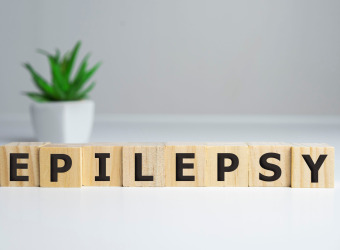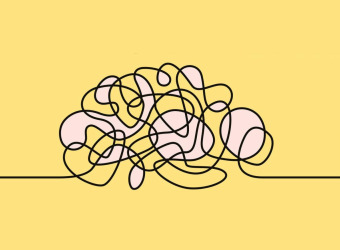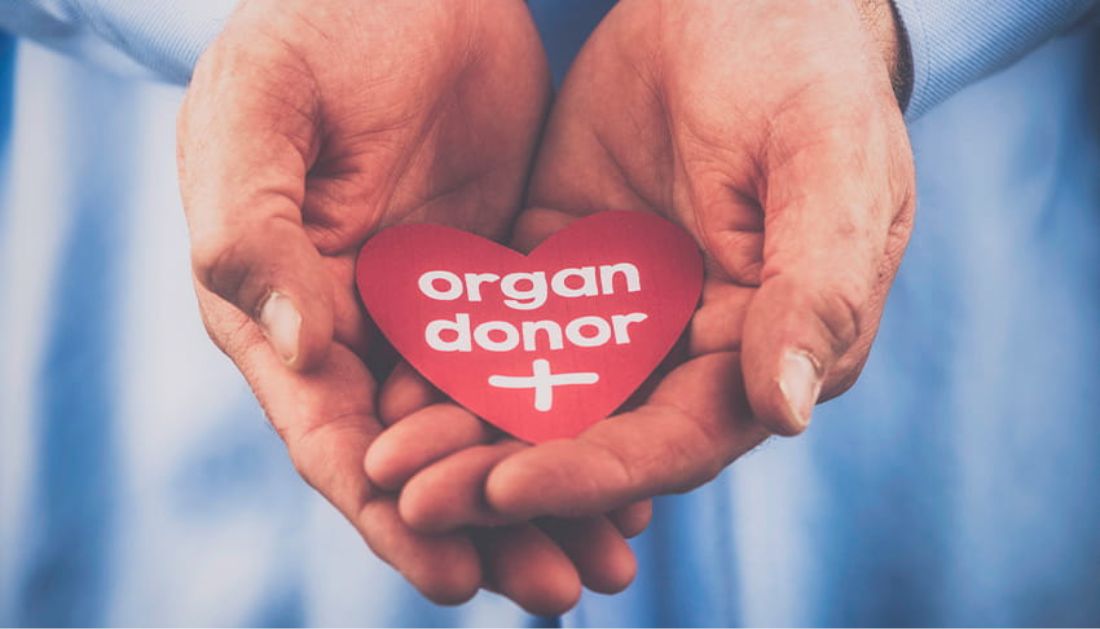
Guest post: how body donation programmes can help in the fight against neurological conditions
Ever wondered how brain donation works?
*This is a sponsored guest post from Donoxbox. The views expressed below are not necessarily the views of The Brain Charity and we do not necessarily recommend this company above any other.*
Making the world a better place will probably take some selfless efforts from individuals. A lot of people would have, in time past, given to charitable causes in one way or the other just to put a smile on the faces of others.
While this is quite noteworthy, some persons have felt the need to give of themselves – through organ donation.
And the specific organ that is in view in this article is the human brain in relation to its importance in understanding neurological conditions – like Alzheimer’s, dementia and Parkinson’s. The brain is vital for our daily living, coordination, and performance.
However, the incidence of neurological diseases could alter the optimal functioning of this organ and limit an individual in different ways.
Scientists are working round the clock to better understand the brain and the behaviour of neurological conditions to promote neurological and overall health. There is, however, a limit to what they can do, and this is why body and brain donation could help.
But how does brain donation really help? We provide answers below and also touch on some other salient issues.
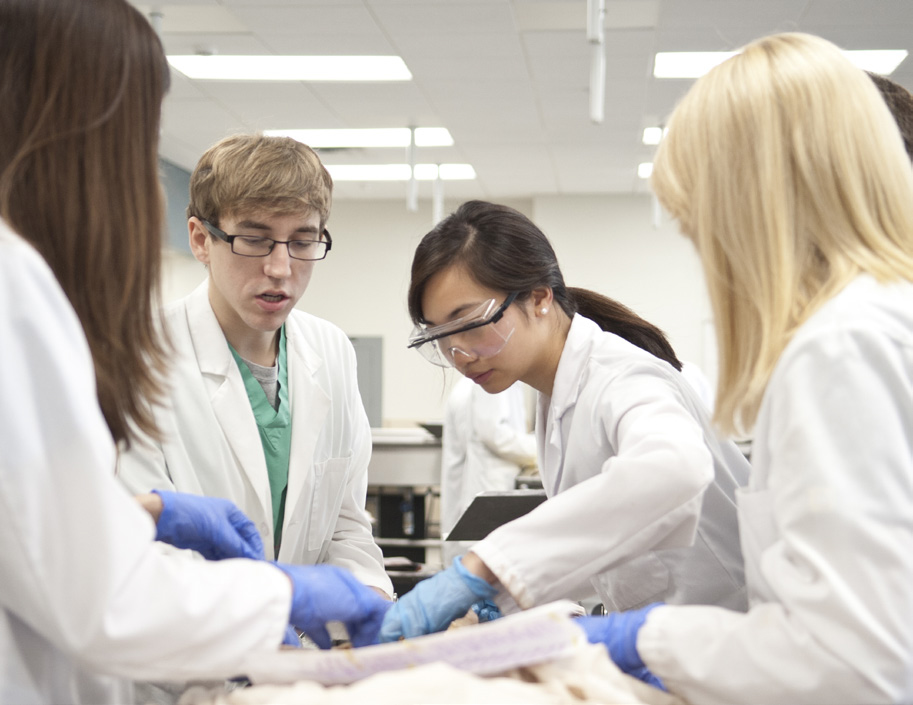
1. Advancing neurological research
Neurological conditions are quite challenging to detect and manage, and this is helped by the various factors implicated in their manifestation. In an attempt to combat this, scientists and neurologists have continually conducted research on the brain. This explains why the donation of a human brain is essential in curtailing the incidence of neurological diseases.
Specifically, the isolation of the factors responsible for such diseases can be achievable by closely studying the human brain. Plus, researchers will be able to discover more effective means of detecting and treating neurological disorders. Though animal studies using specimens like rats and mice have been conducted, the accuracy of the outcome may not always suffice when applied to humans.
Again, the research on the human brain is even helpful for educational/training purposes. Medical and neurology students can have a grasp of the brain’s anatomical layout. Advances are being made in the area of brain mapping as researchers aim to highlight the 180 different regions of the brain.
2. For future generations
The ultimate reason for the pursuit of knowledge is to make tomorrow better. This is exactly what comes out from the extensive study of the human brain. So, individuals who have chosen to donate their brains to further scientific studies are creating a safe landing for future generations to a large extent.
3. A point of solace
The loss of a loved one can be emotionally draining, and more often than not, individuals find it hard to come to terms with. This is why some families put monuments in memory of a departed loved one. However, people are now embracing the prospect of donating body organs such as the brain.
This comes with the understanding that even after death, an individual’s contribution toward making the world better will bring some consolation or closure.
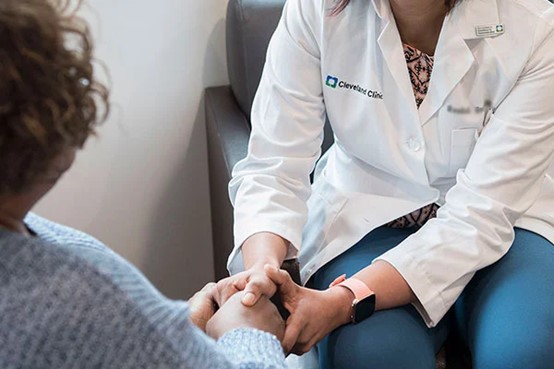
Where do I turn to become a potential brain donor?
Anybody can donate their brain. It is, however, logical that we highlight the specifics for potential brain donation:
- Individuals above 18 years that are willing to donate the organ. Those below this age mark will require the consent/approval of their parents or legitimate guardians
- People from a variety of different racial backgrounds
- Individuals participating in clinical trials related to the study of neurological conditions
- People with healthy brains
- People with neurological conditions such as Down syndrome, early-onset Alzheimer’s, or dementia
How do I donate my brain?
In case you are considering donating your brain, it may interest you to know where you can turn to have it harvested. Two such places are briefly discussed below:
Alzheimer’s Disease Research Centre
The Alzheimer’s Disease Research Centre was established with the overarching objective of researching the named disease.
The findings from such studies are then used to develop an improved and more effective diagnostic model and preventative and therapeutic interventions for Alzheimer’s.
The Centre’s mission and vision mean that researchers working there will need to conduct practical studies or clinical trials on the brain. Hence, it has become one of the bodies that manage brain banks in the U.S. However, the Centre only accepts brain donations from individuals participating in their research studies.
The Brain Donor Project
The Brain Donor Project is a non-profit organization supporting the US National Institutes of Health (NIH). It primarily links those who wish to donate their brains post-mortem to a brain bank within NIH’s NeuroBioBank network.
Researchers can then access the organ from the bank as they seek to understand neurological conditions.

The brain donation process
The process of brain donation is:
- Putting your relatives in the know about the intention to donate your brain. You will probably present one or more of them as your point of contact to the centre that will receive the organ. You should furnish your point of contact with the contact details of the brain donation centre.
- Contact a brain donation centre to begin the pre-registration formalities and complete the consent form.
- After your death, your point of contact is expected to communicate with the centre within two hours.
- The centre will take care of the logistics to have your body transported to the site.
- The brain is then harvested without disfiguring the donor’s appearance. Thereafter, it is taken to the brain bank, and an autopsy is performed. If requested, an autopsy report can be presented to the family in a couple of months.
- The body is then transported to the funeral home while the brain is preserved and kept in the brain bank.
Conclusion
From all that has been discussed, it is apparent that you don’t have to be a neurologist to contribute to neurological advances or research.
We’ve got people presenting themselves as research participants in neurological studies, and people are gradually coming to terms with brain donation as they look to contribute to making the world a better place for others to live.
We can expect improved treatment of neurological conditions and a higher probability of healthy aging based on findings from studies on the human brain.
Category: Guest blogs
Published: 13 April 2023




